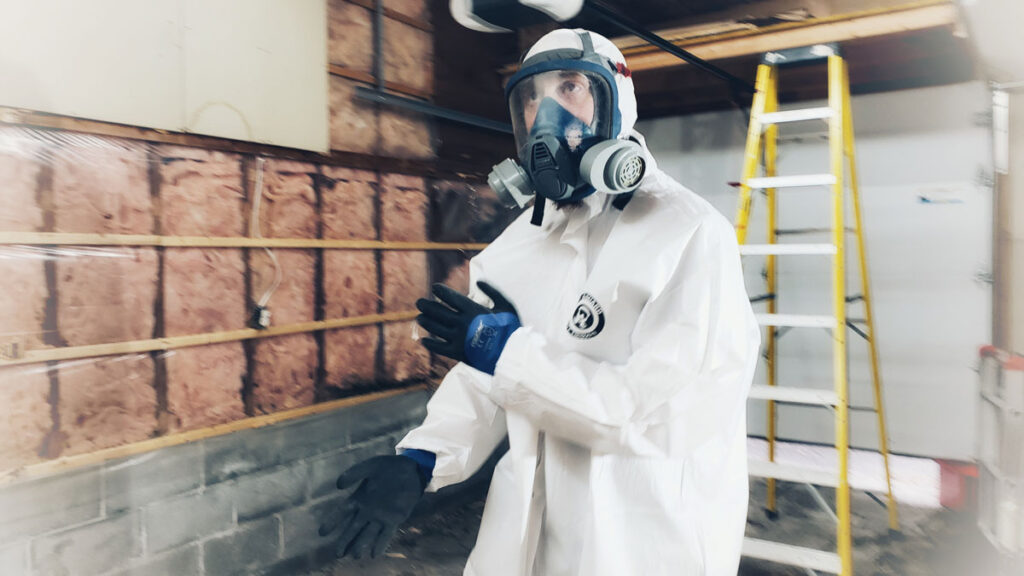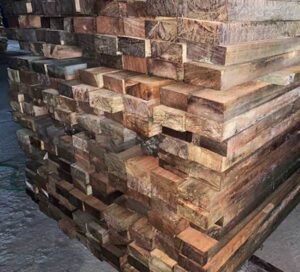For property managers, mold remediation isn’t just about removing an unsightly problem, it’s also about meeting strict health, safety, and building regulations. Failing to follow compliance standards can result in significant fines, legal action, and damage to your reputation. Partnering with a certified mold remediation company ensures the work is done safely, legally, and in line with the latest industry requirements.
Understanding Compliance Requirements
Different states, counties, and cities have specific regulations regarding mold remediation. These can cover how mold must be contained, which cleaning methods are allowed, and even how contaminated materials must be disposed of. For multi-unit residential buildings or commercial properties, the rules are often stricter due to tenant safety concerns.
Property managers who are unaware of these laws can inadvertently break them, especially if they attempt DIY removal or hire an uncertified contractor.
The Role of Industry Standards
Organizations like the IICRC (Institute of Inspection, Cleaning and Restoration Certification) provide industry-approved standards for mold remediation. Certified professionals follow these protocols to ensure the mold is completely removed without spreading spores or creating new hazards. These standards are recognized by insurance companies, government agencies, and health inspectors as the gold standard for safe remediation.
“Compliance isn’t optional, it’s protection,” says David Rivers of Los Angeles Mold Remediation Pros. “We follow IICRC and OSHA standards on every job so property managers can be confident they’re meeting all legal and safety requirements.”
Avoiding Fines and Penalties
In some regions, improper mold remediation can trigger hefty fines, especially if tenants or employees file complaints with local health departments. Violations can also delay occupancy permits or trigger costly re-inspections. Working with certified professionals ensures the process meets all inspection requirements the first time, avoiding unnecessary delays and expenses.
Safety for Tenants and Workers
Compliance standards aren’t just about paperwork, they’re about keeping people safe. Professional remediation companies use containment barriers, HEPA-filtered air scrubbers, and protective gear to prevent cross-contamination and reduce exposure risks. They also know how to safely handle and dispose of contaminated materials in accordance with environmental regulations.
Long-Term Protection for Property Managers
By following compliance and safety standards, property managers reduce the risk of legal action, tenant disputes, and regulatory penalties. They also create a documented record that proves the property was remediated to the highest standards, an invaluable asset if questions arise later. Compliance-driven remediation is more than just good practice, it’s a shield against financial and legal risk.





More Stories
Unlock the Advantages of External Timber Cladding
Understanding the Importance of Construction Services in Modern Development
How Residential Elevators Add Value to Your UAE Property